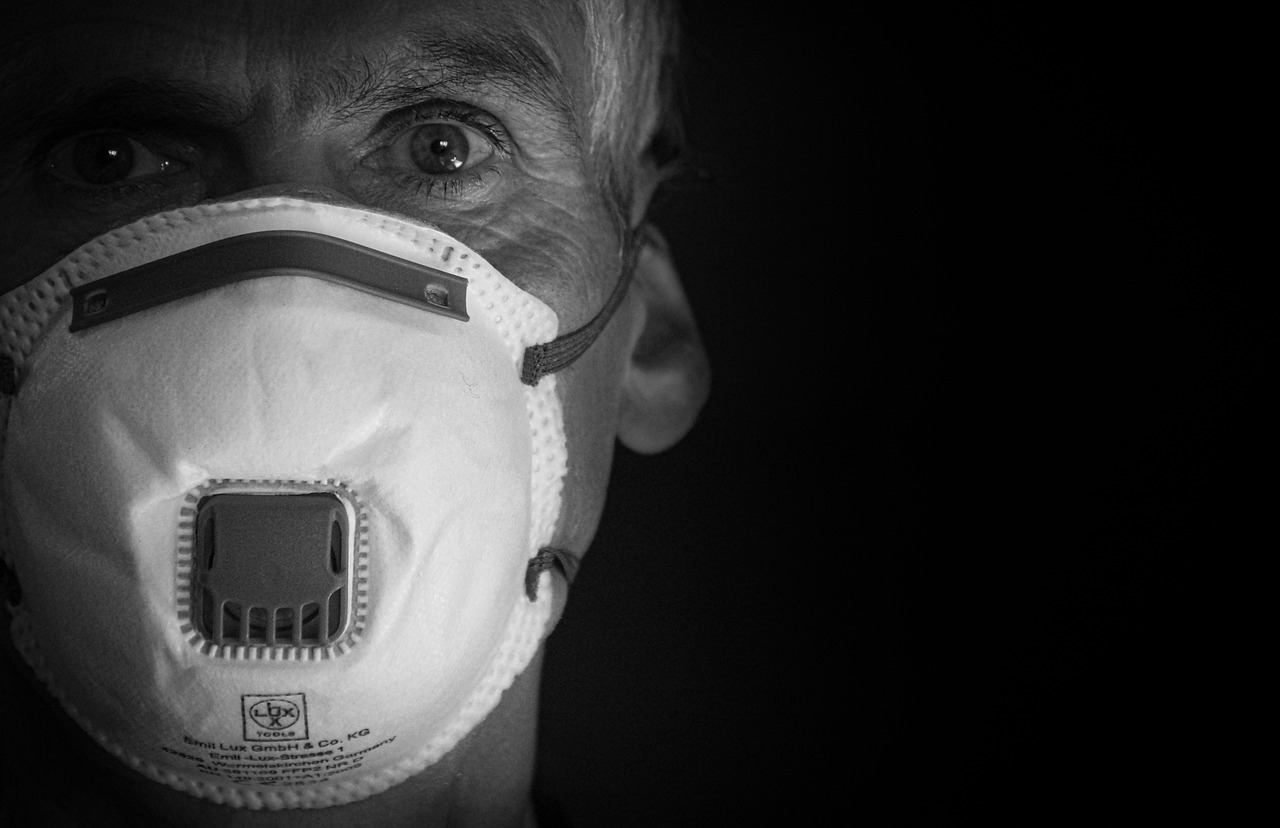Oral health is often overlooked as a standalone aspect of overall well-being, but it plays a critical role in maintaining systemic health. The mouth serves as a gateway to the body, and its condition can significantly influence the development or prevention of various systemic diseases. Poor oral hygiene doesn’t just lead to cavities or gum disease—it can also contribute to serious health issues like heart disease, diabetes, respiratory infections, and even pregnancy complications. Understanding the connection between oral health and systemic diseases underscores the importance of prioritizing dental care as part of a holistic approach to health.
1. The Mouth-Body Connection
The mouth is home to billions of bacteria, most of which are harmless when kept in check by good oral hygiene practices. However, when oral hygiene is neglected, harmful bacteria can multiply, leading to infections such as tooth decay and periodontal (gum) disease. These infections don’t remain localized; they can enter the bloodstream and travel throughout the body, triggering inflammatory responses that affect other organs and systems.
How Oral Health Impacts Systemic Health:
- Bacterial Spread: Pathogens from gum infections can enter the bloodstream, causing inflammation in distant parts of the body.
- Chronic Inflammation: Persistent oral infections contribute to systemic inflammation, a known risk factor for many chronic diseases.
- Immune Response: The immune system’s constant battle against oral pathogens can weaken its ability to fight off other illnesses.
This interconnectedness highlights why maintaining oral health is vital for preventing broader health problems.
2. Oral Health and Cardiovascular Disease
One of the most well-documented links between oral health and systemic disease involves cardiovascular conditions. Studies have shown that individuals with poor oral hygiene or advanced gum disease (periodontitis) are at a higher risk of developing heart disease, stroke, and clogged arteries.
Mechanism of Impact:
- Inflammatory Markers: Periodontal disease increases levels of C-reactive protein (CRP), a marker of inflammation associated with cardiovascular risks.
-
- Bacterial Invasion: Oral bacteria can travel through the bloodstream and attach to fatty plaques in arteries, exacerbating atherosclerosis (hardening of the arteries).
- Endocarditis Risk: Bacteria from infected gums may reach the inner lining of the heart, potentially causing endocarditis, an infection of the heart valves.
By addressing gum disease early and practicing proper oral care, individuals can reduce their risk of these life-threatening conditions.
3. Diabetes and Oral Health: A Two-Way Relationship
Diabetes and oral health share a bidirectional relationship. Not only does diabetes increase the risk of gum disease, but untreated gum disease can make it harder to control blood sugar levels, creating a vicious cycle.
How They Interact:
- Weakened Immunity: High blood sugar impairs the immune system, making diabetics more susceptible to infections like gingivitis and periodontitis.
- Insulin Resistance: Chronic inflammation caused by gum disease can interfere with insulin function, worsening glycemic control.
- Healing Challenges: Diabetics often experience slower wound healing, complicating recovery from oral surgeries or injuries.
For people with diabetes, meticulous oral hygiene and regular dental check-ups are essential components of managing the disease effectively.
4. Respiratory Infections Linked to Poor Oral Hygiene
The mouth can also serve as a reservoir for bacteria that cause respiratory infections. When harmful microorganisms are inhaled into the lungs, they can lead to conditions such as pneumonia, bronchitis, and chronic obstructive pulmonary disease (COPD).
Contributing Factors:
- Aspiration of Bacteria: Poorly cleaned teeth and gums harbor bacteria that can be aspirated into the respiratory tract, especially in vulnerable populations like the elderly or those with weakened immune systems.
- Chronic Inflammation: Ongoing oral inflammation can exacerbate lung conditions and impair respiratory function.
Regular brushing, flossing, and professional cleanings help minimize the bacterial load in the mouth, reducing the risk of respiratory complications.
5. Pregnancy Complications and Oral Health
Expectant mothers must pay special attention to their oral health, as hormonal changes during pregnancy can increase susceptibility to gum disease. Untreated gum infections have been linked to adverse pregnancy outcomes, including preterm birth and low birth weight.
Why It Matters:
- Pro-Inflammatory Cytokines: Gum disease triggers the release of inflammatory molecules that can induce premature labor.
- Nutrient Absorption: Oral pain or missing teeth due to poor dental health can affect nutrition intake, impacting fetal development.
Routine dental care before and during pregnancy ensures both maternal and infant health.
6. Mental Health and Oral Health Correlation
Emerging research suggests a strong link between oral health and mental well-being. Conditions like depression and anxiety often correlate with poor oral hygiene habits, while dental problems can further exacerbate psychological distress.
Key Connections:
- Self-Esteem Issues: Tooth loss, bad breath, or visible decay can lower self-confidence and social interaction, contributing to feelings of isolation.
- Stress and Bruxism: Chronic stress often leads to teeth grinding (bruxism), which damages enamel and causes jaw pain.
- Medication Side Effects: Many psychiatric medications cause dry mouth, increasing the risk of cavities and gum disease.
Addressing oral health can improve not only physical comfort but also emotional resilience.
7. Practical Steps for Maintaining Oral Health
Preventing systemic diseases starts with adopting simple yet effective oral hygiene practices. Here are some key strategies:
Daily Habits:
- Brush Twice Daily: Use fluoride toothpaste and a soft-bristled brush to remove plaque and prevent cavities.
- Save – Floss Regularly: Flossing removes food particles and bacteria trapped between teeth where a toothbrush can’t reach.
- Rinse with Mouthwash: Antimicrobial rinses reduce bacterial load and freshen breath.
- Stay Hydrated: Drinking water promotes saliva production, which protects against decay.
Professional Care:
- Regular Check-Ups: Visit your dentist every six months for cleanings and exams to catch issues early.
- Address Problems Promptly: Don’t delay treatment for cavities, gum disease, or other concerns.
- Discuss Medications: Inform your dentist about any medications you take, as some can impact oral health.
Lifestyle Choices:
- Eat a Balanced Diet: Limit sugary snacks and beverages, opting instead for nutrient-rich foods that support oral and systemic health.
- Avoid Tobacco and Excessive Alcohol: Both increase the risk of gum disease and oral cancers.

Leave a Reply